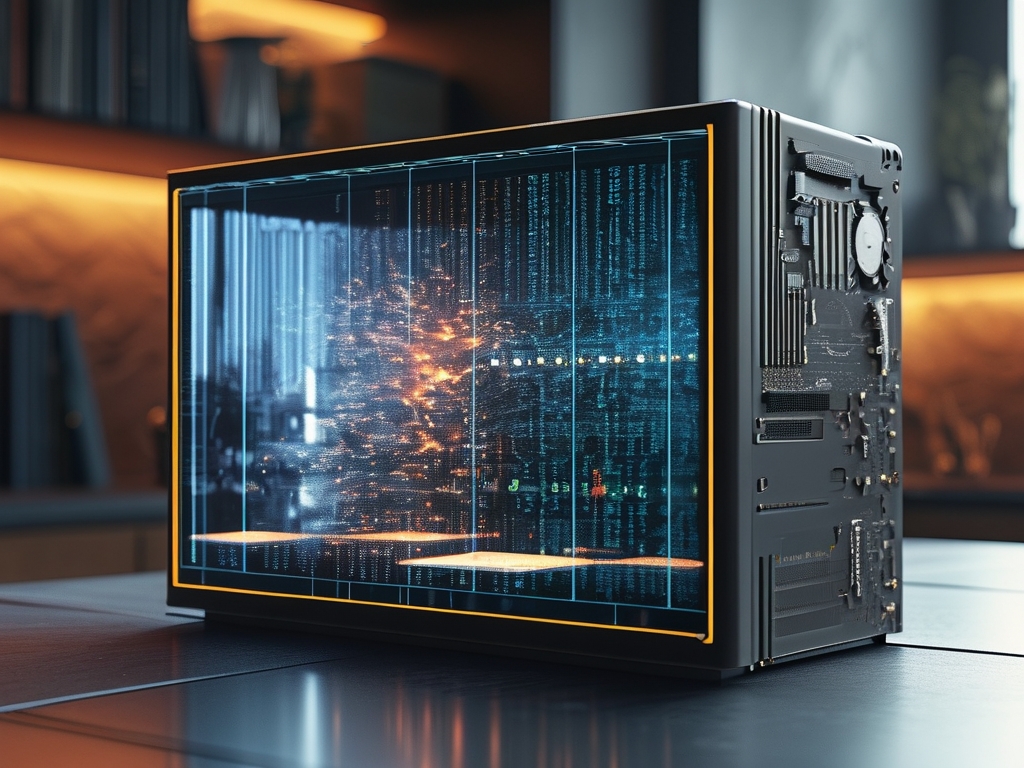The rise of embedded development competitions has reshaped how engineers and students refine their technical prowess. These events, blending hardware and software innovation, offer participants a platform to tackle real-world problems while showcasing creativity. From robotics challenges to IoT hackathons, such contests demand interdisciplinary skills—a fusion of coding, circuit design, and system optimization—that align with industry demands.

One notable example is the IEEExtreme Programming Competition, where teams develop embedded solutions under time constraints. Participants often work with resource-constrained devices like ARM Cortex-M microcontrollers, requiring efficient code to manage memory and power. For instance, a 2023 finalist project involved optimizing sensor data transmission using Rust on an STM32 board, achieving a 40% reduction in energy consumption compared to C-based implementations. Such outcomes highlight how competitions drive practical advancements.
Another emerging trend is the integration of AI/ML in embedded systems contests. The Embedded Vision Challenge, hosted annually, tasks developers with deploying machine learning models on edge devices. A winning entry last year used TensorFlow Lite Micro to implement real-time object detection on a Raspberry Pi Pico, processing images at 15 FPS with under 100mW power draw. These projects demonstrate how competitions push boundaries in deploying AI at the edge—a critical skill as industries adopt smart manufacturing and autonomous systems.
Preparation strategies vary among competitors. Seasoned teams often prioritize modular code architecture. Below is a snippet from a motor control algorithm used in a robotics contest:
void PID_Controller::update(float setpoint, float measurement) {
float error = setpoint - measurement;
integral += error * dt;
derivative = (error - prev_error) / dt;
output = (Kp * error) + (Ki * integral) + (Kd * derivative);
prev_error = error;
}
This reusable structure allowed quick tuning during debugging phases, a tactic praised by judges at the Asia-Pacific Embedded Systems Cup.
Beyond technical skills, these events cultivate soft skills. A survey of 500 participants across 12 competitions revealed that 78% improved their teamwork abilities, while 63% enhanced their time management under pressure—an invaluable asset in fast-paced engineering roles.
Critics argue that some contests prioritize speed over depth, but organizers are addressing this. The Global Embedded Innovation Marathon, for example, now includes a 48-hour "deep dive" phase where teams must document security audits and failure recovery protocols alongside functional prototypes. This shift mirrors industry priorities, as embedded systems increasingly handle critical infrastructure.
Looking ahead, sustainability themes are gaining traction. The 2024 Green Embedded Systems Challenge will require solar-powered sensor nodes with ten-year lifespans, pushing participants to master low-power design and energy harvesting—a direct response to the IoT sector’s environmental concerns.
For newcomers, experts recommend starting with smaller-scale events. Platforms like Hackster.io host monthly challenges focused on specific technologies, such as Zephyr RTOS or LoRaWAN integration. These bite-sized contests provide scaffolding for mastering tools like JTAG debuggers or logic analyzers before tackling complex systems.
Universities are also leveraging competitions for curriculum development. MIT’s 6.08 course now incorporates elements from the MITRE Embedded CTF, where students reverse-engineer firmware to identify vulnerabilities—a skill set crucial for IoT security roles.
The long-term impact is clear: participants in embedded competitions are 65% more likely to secure R&D positions within six months of graduation, according to a 2023 LinkedIn workforce report. As industries embrace Industry 4.0, these events will remain vital for bridging academic knowledge and industrial innovation.



